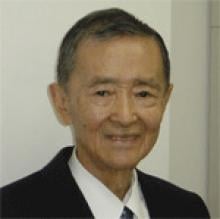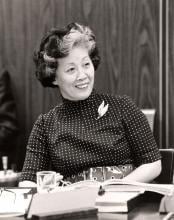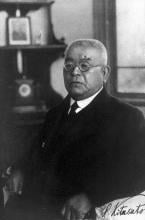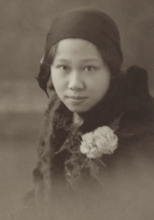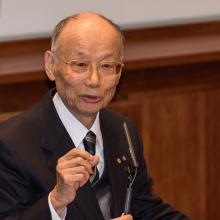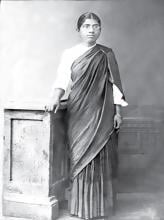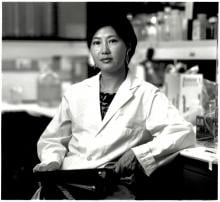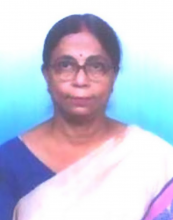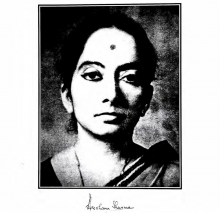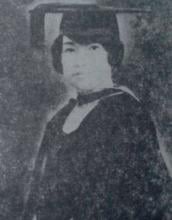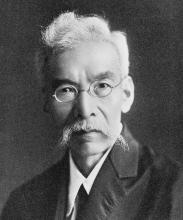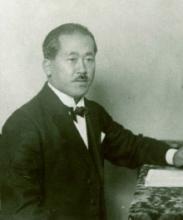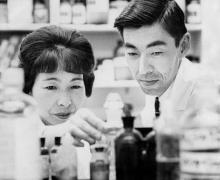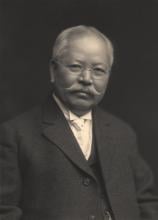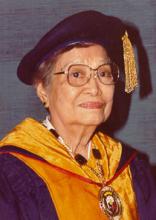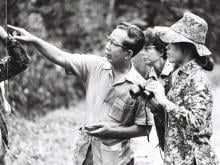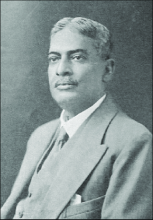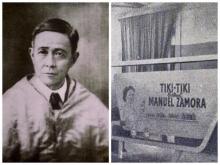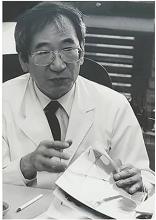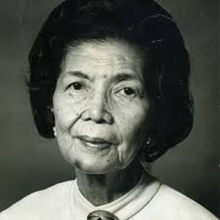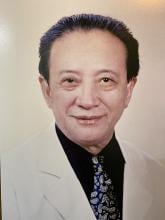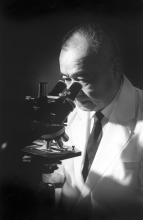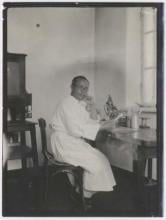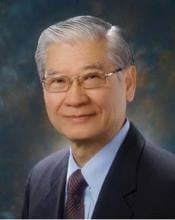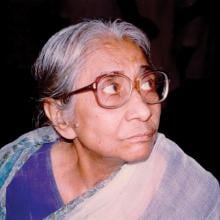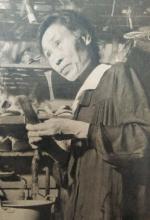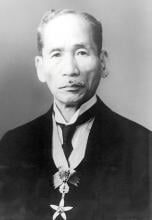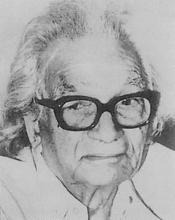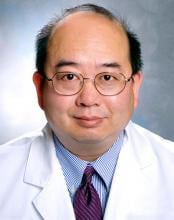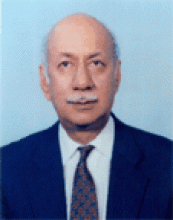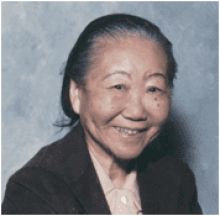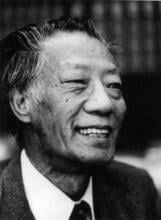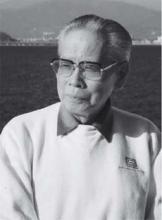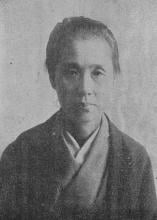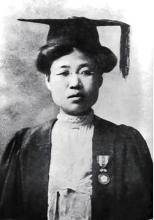Medicine
News

16 Mar 2006
India battles bird flu, virus kills Azeri dog; Denmark finds first case of H5; Bird flu threat highlights disaster-planning flaws; Banks told to prepare for bird flu; The Treatment of H5N1 Avian Influenza Report; Animal rights and avian influenza;

15 Mar 2006
Summaries of newsworthy papers from Nature Vol.440 No.7082 Dated 16 March 2006

15 Mar 2006
Azerbaijan reports 3 deaths; Dutch start voluntary vaccination; Novavax Shares Up; Hungary gets go ahead; Bird Flu Plans Require $30.5 Mln More for 2007; Global avian influenza control project receives US$1 million grant; Generex Biotechnology to Present Its Avian Influenza Vaccine; Cats And Avian Influenza, Defra Urgently Seeking Further ...;
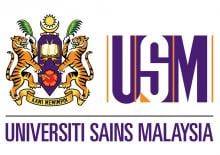
14 Mar 2006
'Tongkat Ali', a plant used for traditional medicine in Southeast Asia has also been proven to be effective for the treatment of Malaria and possess anti-cancer and anti microbial properties. The main problem is obtaining a sustainable supply of high quality roots. This research will ensure that this is now a problem of the past.

14 Mar 2006
First bird flu case in Afghanistan, Myanmar; Azerbaijan reports three people dead; Bird flu has limited spread impact; Bird Flu Shot Requires 6-Month Production; Bird flu suspected at poultry farm in Germany; SA: show us the money, say govts; IMF warns of economic blow from pandemic; USGS Testing Wild Birds; Airport staff vaccinated;

12 Mar 2006
THE NATURE RESEARCH JOURNALS PRESS RELEASE - For papers that will be published online on 12 March 2006

10 Mar 2006
Africa 'needs fund'; Azerbaijan tests 11 people; Albania culls 2,000..; Norway tests dead ducks; Serbia confirms 1st case; European scare adds cats, dogs; Japan to help; China - 10th Death; Bird Flu Found in Weasel-Like Animal; Bird flu would ravage Asian markets; Poorest forgotten in compensation; Indonesia-Japan venture launches vaccine;

09 Mar 2006
Three commentaries responding to a call for legalized organ donation are published online this week by Kidney International, the official journal of the International Society of Nephrology.

08 Mar 2006
The Seoul National University Investigation Committee investigating the work of the disgraced cloning pioneer Woo Suk Hwang has found that Snuppy - the Afghan hound unveiled by Hwang's team as the world's first cloned dog - is genuine.

08 Mar 2006
Summaries of newsworthy papers from Nature Vol.440 No.7081 Dated 9 March 2006 including "It's all in the expression; Frogs sidestep predation by looking nasty - but not too nasty"

08 Mar 2006
WHO urge studies on cats; Ministers of Black Sea countries meet; Jurong Bird park's birds vaccinated; Foie gras endangered; Poultry faeces likely cause of spread; Dutch postpone vaccination; Israel sends aid to Nigeria; Virus in China Not Infectious; French Consumers Cut Consumption; Hong Kong to Cut Chicken Population; Researchers Make Strides

07 Mar 2006
Cervical cancer is the second most common cancer afflicting women. The mortality rate can be greatly reduced with mass screening programs, which are not available in many developing countries due to a shortage of pathologists. This invention known as CCAID System will enable mass screening programs to be undertaken in many developing nations.

06 Mar 2006
Bird flu virus 'killed Chinese man'; Deadly bird flu virus spreads to southeast France; First Case in Poland; Bird flu a disaster for poor in Africa; Mela attempts to diffuse bird flu care; Number of cases rises to 11; Questions & Answers; Human Infection With Avian Influenza Viruses; No avian influenza yet reported in Uganda

05 Mar 2006
For papers that will be published online on 5 March 2006 in Nature Materials; Nature Chemical Biology; Nature Genetics; Nature Neuroscience; Nature Immunology; Nature Cell Biology;Nature Structural & Molecular Biology

04 Mar 2006
Despite progress in maternal-fetal medicine, preterm birth is still one of the most complicated problems in modern obstetrics.

02 Mar 2006
A military-style network of laboratories for the avian flu is proposed; The earthquake that unleashed the tsunami in the Indian Ocean forces some rethinking about how and where such giant earthquakes might occur; The application of neutral theory of biodiversity to real-life data is raising new questions and problems.

02 Mar 2006
Summaries of newsworthy papers from Nature. Vol.440 No.7080 Dated 2 March 2006

02 Mar 2006
Pet worries fuel fears; Indonesian Dies; Rs.100,000 for…; African press eyes dangers; World Cup – FIFA; Calls for military labs; Hawaii on front lines; Russia plans mass vaccination; No danger for domestic cats; Lab network proposed; H5N1 in domestic cat in Germany; DA-12 holds forum; Statement From Cats Protection..; situation in Iraq;

01 Mar 2006
Meeting of experts adds urgency; Cat in Germany Has..; All safety measures ensured; More ban French poultry; Sweden reports 1st case; Distrust hurts Nigeria; Trade and Consumption affected..; Turkish areas still under quarantine; Sweden hit; Defra's Message; Govt rules out any human case; Businesses need to plan..; Sweden confirms..;

28 Feb 2006
WHO: Human Bird Flu Cases rise; "Bird flu is here ? don't panic!"; Bird Flu Spreads in Nigeria as Wary Farmers Keep Infected Fowl; WHO lauds India for bird flu measures; Speed key to bird flu battle; Beckett rules out panic bird flu vaccination; Romanian lab rules out bird flu in 21-year-old man; Poultry sector reels under bird flu fears

28 Feb 2006
Nature Publishing Group (NPG) and the Australasian Society for Immunology (ASI) today announce an agreement for NPG to publish in partnership with the Society its flagship journal, Immunology and Cell Biology, from January 2007.

27 Feb 2006
Mice subjected to stress caused by the presence of an aggressive intruder, repress the gene that produces a growth factor called brain derived neurotrophic factor (BDNF), reports a paper in the March issue of Nature Neuroscience. This finding suggests a molecular pathway by which stress may cause lasting changes in gene regulation

27 Feb 2006
Theme of the Issue : Neonatal Screening and Interventions

27 Feb 2006
Bird flu in Switzerland; Factory farms behind spread; Bird flu kills swans in France; Romania suspects man…; A chicken fest…; Outbreak Reported in Russia..; outbreak possible, warns China; India's poultry industry hurt; Indonesia records 20th fatality; Germany confirms three more cases; "Don't confuse human influenza with bird flu"

21 Feb 2006
Indon govt to take steps; India quarantines 6; 3 babies quarantined; Hatcheries, hotel stocks decline; SA: Bird flu ruffles few feathers; Pharma companies gear up to supply drug; Govt dispels doubts; 3 more in Nigerian states; neighbours shut doors; Govt battles poultry companies; Situation in Indonesia; Defra Consults With Ornithological .;
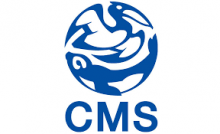
21 Feb 2006
While some media are still portraying birds as the main vectors of the spread of avian flu, the UNEP with its associated CMS and the AEWA are launching a campaign to remind the world that migrations are essential to natural processes for the effective functioning of our ecosystems.

21 Feb 2006
Previous studies have shown a correlation between childhood obesity and adult asthma but here the authors show for the first time an additional link to depression alongside the other conditions.

21 Feb 2006
By continuing to focus only on bird migrations, other mechanisms and paths for the contamination are being underestimated, and effective protection measures ignored.

20 Feb 2006
‘MNCs exploiting..; No impact of on Bihar market, Govt alerts officials; Pandemic more likely; Cairo zoo closed; 1 life claimed; Indian style of cooking kills virus; Govt prepared; France on war footing; Germany deploys army island; 130 chickens dead in Qena, Egypt; Mr. Yukol affirms Thailand is under ...

19 Feb 2006
Two scientific officer positions are available to work on a Wellcome Trust-funded 3-year research project on molecular epidemiological and population genetic studies on knowlesi malaria
Researchers
Sorry, no researchers coming up for this topic.
- « first
- ‹ previous
- 1
- 2
- 3
- 4
Giants in history
Michiaki Takahashi (17 February 1928 – 16 December 2013) was a Japanese virologist who developed the first chickenpox vaccine.
Irene Ayako Uchida’s (8 April 1917 – 30 July 2013) strides to understand genetic diseases such as Down syndrome paved the way for early screening of chromosomal abnormalities in foetuses.
Baron Kitasato Shibasaburo (29 January 1856 – 13 June 1931) was a Japanese physician and bacteriologist whose work led to a new understanding of preventing and treating tetanus, diphtheria and anthrax.
Maggie Lim (5 January 1913 – November 1995) was a Singaporean physician who promoted family planning and expanded the access to clinics to improve the quality of life for mothers and children in Singapore’s early days.
By isolating soil microorganisms and studying the compounds they produce, Satoshi Omura (born 1935) discovered almost 500 organic compounds with unique properties that were produced by these microorganisms, including many new antibiotics.
The founder of the Adyar Cancer Institute in India, Muthulakshmi Reddy (30 July 1886 – 22 July 1968), fought to uplift women and girls from impoverished situations.
Chinese-American virologist and molecular biologist Flossie Wong-Staal (27 August 1946 – 8 July 2020) was the first scientist to clone HIV and determine the function of its genes.
Maharani Chakravorty (1937 – 2015) was one of India’s earliest molecular biologists whose research paved the way for advances in the treatment of bacterial and viral infections.
Archana Sharma (16 February 1932 - 14 January 2008) conducted research into plant and human genetics that expanded the understanding of both botany and human health. In relation to botany, she uncovered the means by which asexually-reproducing plants evolve into new species.
The first Thai woman to receive a degree in medicine, Margaret Lin Xavier (29 May 1898 – 6 December 1932), is best remembered for her compassion towards her less privileged patients.
In 1915, pathologist Katsusaburo Yamagiwa and his research assistant Koichi Ichikawa became the first to prove that chronic exposure to chemicals can cause cancer.
In 1915, Koichi Ichikawa along with pathologist Katsusaburo Yamagiwa became the first to prove that chronic exposure to chemicals can cause cancer.
Husband and wife team, Kimishige (3 December 1925 – 6 July 2018) and Teruko Ishizaka (28 September 1926 – 4 June 2019) discovered the antibody class Immunoglobulin E (IgE) that triggers allergic reactions. They also discovered that IgE antibodies attach to white blood cells, known as mast cells, releasing histamine, which causes allergic reactions.
Husband and wife team, Kimishige (3 December 1925 – 6 July 2018) and Teruko Ishizaka (28 September 1926 – 4 June 2019) discovered the antibody class Immunoglobulin E (IgE) that triggers allergic reactions. They also discovered that IgE antibodies attach to white blood cells, known as mast cells, releasing histamine, which causes allergic reactions.
Japanese chemist Takamine Jokichi (3 November 1854 – 22 July 1922) founded the Tokyo Artificial Fertilizer Company, where he isolated a starch-digesting enzyme (named takadiastase) from the fungus Aspergillus oryzae.
Ground-breaking cancer researcher Kamal Jayasing Ranadive (8 November 1917 – 11 April 2001) advanced the understanding of the causes of leukaemia, breast cancer and oesophageal cancer through the use of animal models. She was also among the first to recognise how susceptibility to cancer is linked to tumour-causing interactions between hormones and viruses.
The research of Filipino pharmaceutical chemist Luz Oliveros-Belardo (3 November 1906 – 12 December 1999) focussed on essential oils and other chemicals derived from native Philippine plants.
Thai physician and conservationist Boonsong Lekagul (1907 – 1992) made major contributions to the preservation of his country’s wildlife.
Indian scientist and physician Upendranath Brahmachari (19 December 1873–6 February 1946) is best known for creating a drug called Urea Stibamine, used to safely and reliably treat visceral leishmaniasis (or Kala-azar), a severe infection caused by the Leishmania parasite.
Filipino chemist and pharmacist Manuel A. Zamora (29 March 1870 – 9 July 1929) is best remembered for his discovery of the tiki-tiki formula to combat beriberi, a disease caused by Vitamin B1 deficiency.
Korean parasitologist Seung-Yull Cho (16 November 1943 – 27 January 2019) is remembered largely for his pioneering works to control infections caused by helminthic parasites and his contribution to journal publishing.
Fe Villanueva del Mundo (27 November 1911 – 6 August 2011) was a Filipina paediatrician who founded the Philippines’ first paediatric hospital.
After witnessing death and suffering as a youth in his home village during World War II, Nguyễn Tài Thu (6 April 1931 – 14 February 2021) set his sights on alleviating pain by becoming a doctor. After studying Traditional Chinese Medicine in China in the 1950s, Thu returned to Vietnam to serve in military hospitals. Eventually, he became the country’s foremost practitioner of acupuncture, a technique he first learned by inserting needles into himself.
Minoru Shirota (April 23, 1899 – March 10, 1982) was a Japanese microbiologist who invented the popular fermented drink Yakult.
Wu Lien-teh (10 March 1879 – 21 January 1960) was a Malaysian-born doctor who invented a mask that effectively suppressed disease transmission. Winning the prestigious Queen’s Scholarship enabled Wu to become the first Chinese student to study medicine at the University of Cambridge.
David T. Wong (born 1936) is a Hong Kong-born American neuroscientist who is best known for discovering the antidepressant drug fluoxetine, better known as Prozac.
Indian organic chemist Asima Chatterjee (1917 to 2006) studied the medicinal properties of plant products, especially compounds known as vinca alkaloids.
Chika Kuroda (24 March 1884 – 8 November 1968) was a Japanese chemist whose research focussed on the structures of natural pigments.
Umetaro Suzuki (7 April 1874 – 20 September 1943) was a Japanese scientist best remembered for his research on beriberi, a disease caused by vitamin B1 deficiency, characterized by limb stiffness, paralysis and pain.
Salimuzzaman Siddiqui (19 October 1897 – 14 April 1994) was an artist and chemist from Pakistan whose research focused on natural products from plants.
Barry Paw (29 August 1962 – 28 December 2017) was a biologist and oncologist who discovered several novel genes and their functions in red blood cells.
Syed Qasim Mehdi (13 February 1941 – 28 September 2016) was a Pakistani molecular biologist who was a founding member of the Human Genome Diversity Project (HGDP), which assessed human diversity by studying human migration, mutation rates, relationships between different populations, genes involved in height and selective pressure.
Tsai-Fan Yu (1911 – 2 March 2007) was a Chinese-American physician and researcher who was the first female full professor at Mount Sinai School of Medicine. She discovered that gout, a condition characterized by the painful inflammation of joints, was caused by elevated levels of uric acid in the bloodstream.
Min Chueh Chang (10 October 1908 – 5 June 1991) was a Chinese-American biologist who studied fertilization in mammalian reproduction.
A Japanese surgeon, Tetsuzo Akutsu (20 August 1922 – 9 August 2007) built the first artificial heart capable of keeping an animal alive.
Ogino Ginko (3 March 1851 – 23 June 1913) was the first registered female doctor to practise modern medicine in Japan.
Esther Park (1877-1910), born Kim Jeom-dong, was the first female Korean physician to practise modern medicine in Korea and trained the first generation of Korean female doctors.


